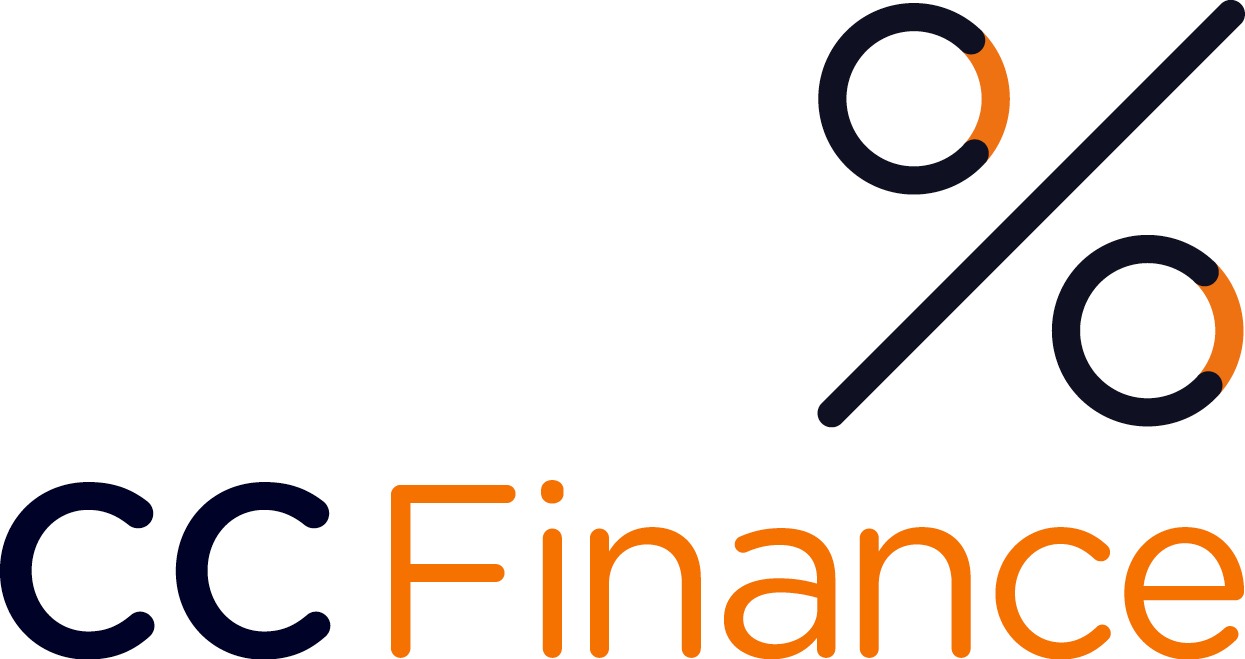Trade finance helps manage your cash and working capital in the short to medium term: Whether your business imports or exports you will find that international trade cycles can generate longer payment gaps. Because lenders take security from your stock or receivables, you can unlock cash before receiving it from your buyers. This means you lower the business risk from late payments, demanding creditors and bad debt. As a consequence, your business is better able to place larger orders, achieve economies of scale and open up a more diverse range of suppliers.
Import Finance
When your business imports goods from an international supplier you could either obtain funding based on confirmed purchase orders or invoices from UK customers, or against suppliers’ invoices. If you choose purchase order finance your trade finance lender will pay your suppliers based on your purchase order. Once you have delivered the goods to your customer some specialist lenders will then replace the purchase order with an invoice finance facility until your customer has paid.
Export Finance
Before sending goods to a buyer many trading businesses need to access funds in order to buy raw materials, pay staff and fund production costs. With pre-shipment finance, a trade finance company provides the funds to pay a supplier using either the finished goods, warehouse stock or an export Letter of Credit as a security. With post-shipment finance, lenders extend funds against evidence of goods shipped.
Trade Finance and Supply Chain Finance
Trading businesses who buy and sell often benefit from a mix of purchase order finance, invoice and stock finance, and revolving credit facilities, to manage the supply chain. The latter facilities allow them to use and repay a certain range of credit again and again. Say you received a large order from a Middle Eastern customer and now need to purchase product components from your China-based supplier. How can you raise the lowest cost most appropriate finance against a confirmed purchase order and a supplier invoice for unfinished goods? Essentially, you will require a lender providing an advance payment based on your customer’s purchase order to pay your supplier’s invoice. Managing the different finance options for a particular supply chain and type of transaction can reduce risks and strengthen trading opportunities.
Trade Finance Companies
Many of our clients approach us for trade finance solutions because their main banks either do not provide this facility or have rejected their funding applications. Challenger trade finance usually works alongside existing bank facilities as it centers around the goods involved in a trade. This means challenger trade finance can be a good option for small or less established businesses with weaker balance sheets. On top, most specialist trade finance companies allow borrowers to manage their funds through innovative online platforms.
Your Trade Finance Consultant
Whether this sounds complicated or familiar we can help: At CC Finance, we work with a range of challenger banks and commercial lenders focusing on the needs of small and medium sized businesses. With specific lenders excelling at certain types of trade finance along with sector and country specialisms we are committed to finding the right match for you.


